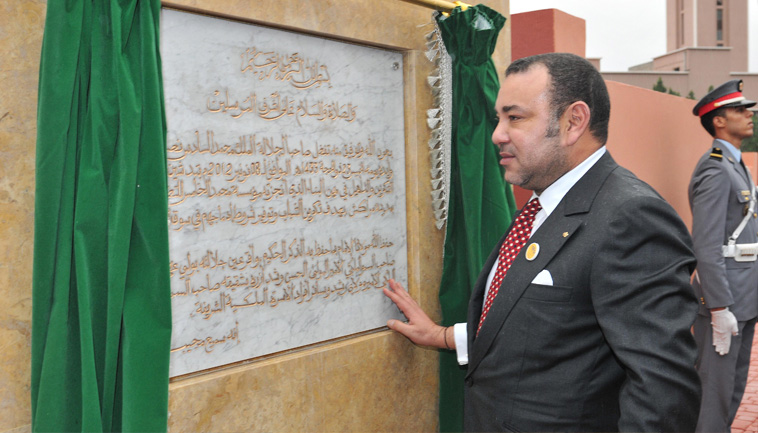A solidarity-based culture
Spearheaded by His Majesty King Mohammed VI, social action for the benefit of the poor took deeper root in Moroccan society with the creation of the Foundation in 1999. The purpose of this institution is to undertake large-scale action against poverty and social inequalities by rallying individuals and community-based forces within a Moroccan social pact. This pact is underpinned by the fundamental values of mutual aid, generosity and solidarity, which constitute the bedrock of Moroccan culture.
"Ready to help the needy." With this promise, and thanks to public generosity, the Foundation organizes collective solidarity through social programs. Based on a coordinated approach involving other social actors as well as public authorities, these programs are aimed at serving the public. They make it possible to deliver effective, lasting solutions for a better socio-economic integration of vulnerable populations.
As a result, the Foundation’s programs cover a broad field of intervention including specific actions related to humanitarian assistance (in Morocco and abroad), as well as sectors such as education, health, employment and financial autonomy, all of which are levers for social progress.
Solidarity, Innovation, Mobilization, Transparency, Ethics, Rigour and Efficiency
These are the core values of the Foundation's commitment to help poor people improve their lives




